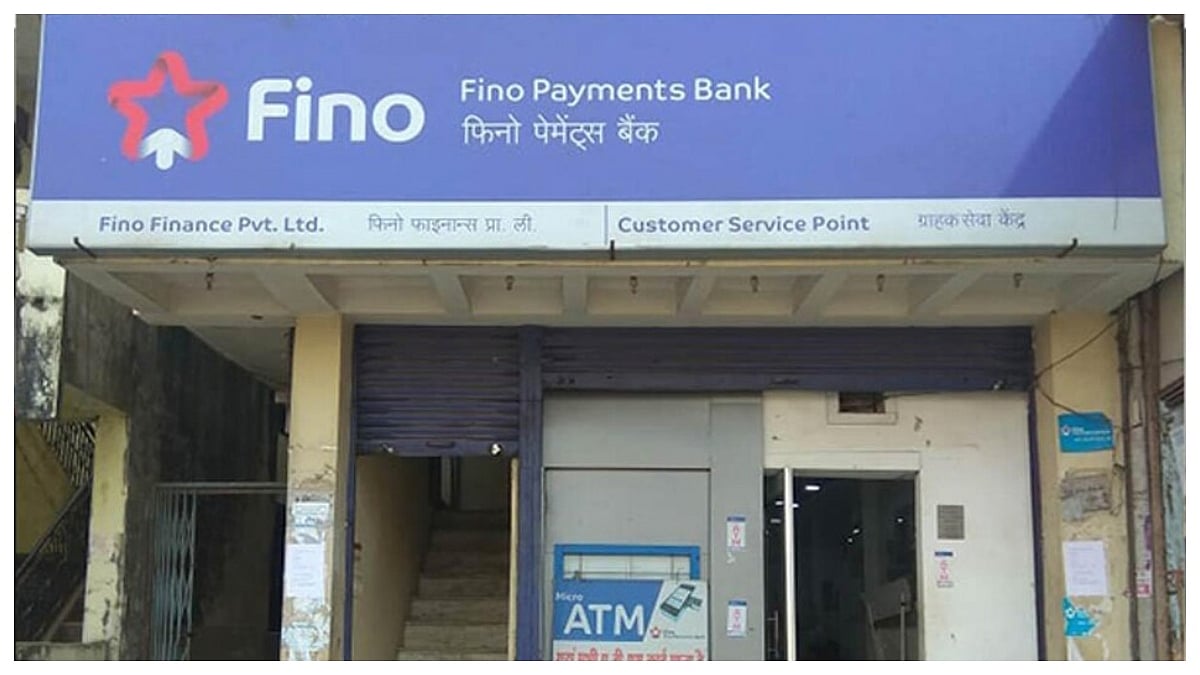Some exams are easy, while others are notoriously difficult. But what sets them apart? We'll explore the world's toughest exams, including IITs and Mensa IQ Test, and provide tips on how to succeed. Get ready to know about the the most challenging exams globally.
1. Gaokao Exam in China
The Gaokao (高考) is one of the most challenging exams globally and is essential for students aiming to pursue undergraduate studies in China. It is taken by students in their third and final year of high school, usually from June 7 to 8 or 9. The exam lasts about nine hours spread over two to three days, depending on the province.
Fewer than 0.25% of students achieve the scores needed for admission to some of China’s top colleges. Due to its difficulty, some European and American universities have begun accepting Gaokao scores.
The exam is also an internet sensation. The term “Gaokao exam” has 14,000 monthly internet searches.
What makes the Gaokao so difficult? A student from China provides insight in Quora, describing it as a critical opportunity for students from low-income backgrounds to advance to the upper class.
“Imagine that you're a kid from the working class in China, and you want to move to the upper class by yourself, so your best shot is this exam. And you know there are 20 million students to take this exam, but only 150 thousand of them get to be admitted to China's Ivy League, which promises a bright future for those kids from poor families. So everyone is really serious about this exam, or you will get bad grades and waste a year's time,” the Quora comment read.
2. IIT JEE Exam in India (Joint Entrance Exam - Indian Institute of Technology)
The IIT JEE Exam is also considered one of the toughest exams in the world. It serves as an entrance exam for engineering programs in India, administered by the National Testing Agency (NTA) for admission into Indian Institutes of Technology (IITs). The exam is divided into two parts, each lasting three hours, and tests skills in physics, chemistry, and math, as well as comprehensive, reasoning, and analytical abilities.
In 2022, 155,538 candidates took both JEE (Advanced) papers, with 40,712 qualifying. The acceptance rate at IITs is around 1%, highlighting the exam’s difficulty given the extensive syllabus and unpredictable questions.
3. UPSC (Union Public Service Commission) in India
The UPSC exams are conducted by the Indian Government to fill positions in the Indian Administrative Service (IAS), Indian Foreign Service (IFS), Indian Police Service (IPS), and other Central Services. The exam starts with prelims, consisting of two general-topic objective papers. Those who pass proceed to the Mains, which includes seven personal papers.
Approximately 500,000 students sit for the prelims, competing for fewer than 1,000 seats, resulting in a success rate of 0.1% to 0.4%. The second stage includes an interview assessing personality, awareness, and reasoning skills. With about 67,000 monthly searches, the UPSC exam is a significant topic of interest.
4. Mensa IQ Test (Britain)
Mensa is open to individuals who score in the 98th percentile or higher on an authorized intelligence test. To join Mensa, one must score in the top 2% of test-takers, with a minimum score of 130 on a test where the average is 100 and the standard deviation is 15. The test evaluates reasoning, problem-solving, and logic skills.
Joining Mensa is not easy. As a Quora comment puts it: "Is getting into Mensa easy? It’s super easy if your IQ is 132 or above."
5. GRE (Graduate Record Examination)
Administered by the Educational Testing Service (ETS), the GRE is a challenging exam used for graduate school admissions in the US, Canada, and other countries. It is available online and in paper format and includes six sections: analytical writing, verbal reasoning, mathematical reasoning, and a research section. The GRE can be taken once every 21 days, up to five times a year.
The GRE’s complexity arises from its advanced vocabulary and reading sections, requiring high reasoning skills. With 77,000 monthly searches, the GRE is widely known and considered one of the toughest exams.
6. CFA (Chartered Financial Analyst)
The CFA designation is awarded by the CFA Institute and assesses the competence and integrity of financial analysts. To earn this designation, candidates must pass three levels of exams covering accounting, economics, ethics, money management, and security analysis.
According to the Wall Street Journal, the CFA exam is very difficult, with less than 20% of candidates passing after multiple attempts each year. Candidates typically spend about 300 hours studying for each level. Pass rates are 37% for the first level, 40% for the second, and 48% for the third. As of March 2022, there are about 175,000 charterholders globally, with a 3.5% annual increase since 2012. The CFA exam receives 39,000 monthly searches.
7. CCIE (Cisco Certified Internetwork Expert)
The CCIE certification is offered by Cisco Systems to networking professionals. The test has two stages: a two-hour written exam and an eight-hour lab exam covering configuration, troubleshooting, and integration.
The cost for the CCIE written exam is about $450, while the lab exam costs around $1,600. CCIE certifications are valid for three years and can be extended with recertification. There are roughly 55,000 certified individuals worldwide, and about 8,000 candidates take the CCIE lab exam each year. The average pass rate is 26%, with 25,000 monthly searches reflecting its popularity and challenging nature.
8. GATE Exam (Graduate Aptitude Test in Engineering)
The GATE exam is intended for engineering students seeking a master’s degree in India. Accepted by top Indian institutes like IITs, IISc, and IIMs, the computer-based, three-hour exam is also held in Bangladesh, Sri Lanka, Nepal, Ethiopia, and the UAE. It covers engineering, mathematics, science, and general aptitude.
The exam features multiple-choice and numerical questions. With approximately 800,000 to 1 million candidates applying and 16–18% qualifying, the GATE exam is challenging due to its comprehensive syllabus and competitive nature.
9. USMLE Exam (United States Medical Licensing Examination)
The USMLE is a three-step examination for medical licenses in the US, sponsored by the Federation of State Medical Boards and the National Board of Medical Examiners. Step 1 takes eight hours, Step 2 takes nine hours, and Step 3 spans two days (seven hours on the first day and nine on the second).
The exam tests knowledge application, concepts, and principles, as well as patient-centered skills. Preparation can take 6-12 months for Step 1 and 4-7 months for Step 2 (Clinical Knowledge). Passing percentages are 95% for Step 1, 98% for Step 2 (CK), and 97% for Step 3 among US/Canadian school examinees. Non-US/Canadian school examinees have lower passing rates, ranging from 77% to 88%.
10. California Bar Exam
The California Bar Exam is a two-day test featuring five one-hour essay questions, a 90-minute performance test, and the Multistate Bar Examination (MBE), which consists of about 200 multiple-choice questions.
In July 2022, the pass rate was 52%, slightly down from 53% the previous year. Out of 7,164 applicants, 77.8% were first-time test takers, with a 62% pass rate for them and 17% for repeat applicants. The California Bar Exam has 9,600 monthly searches, highlighting its reputation as one of the most challenging bar exams, with candidates typically spending 400 to 600 hours preparing.





